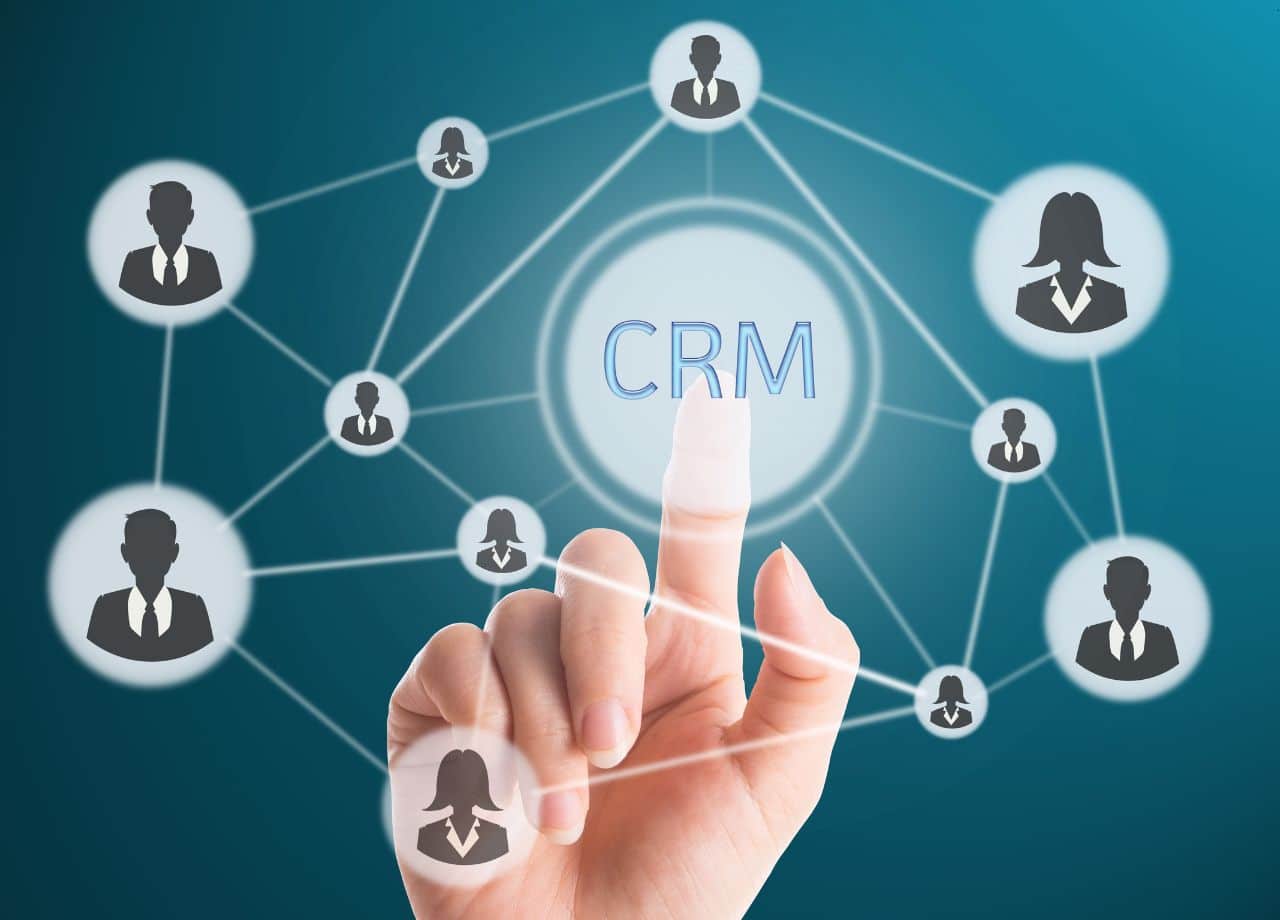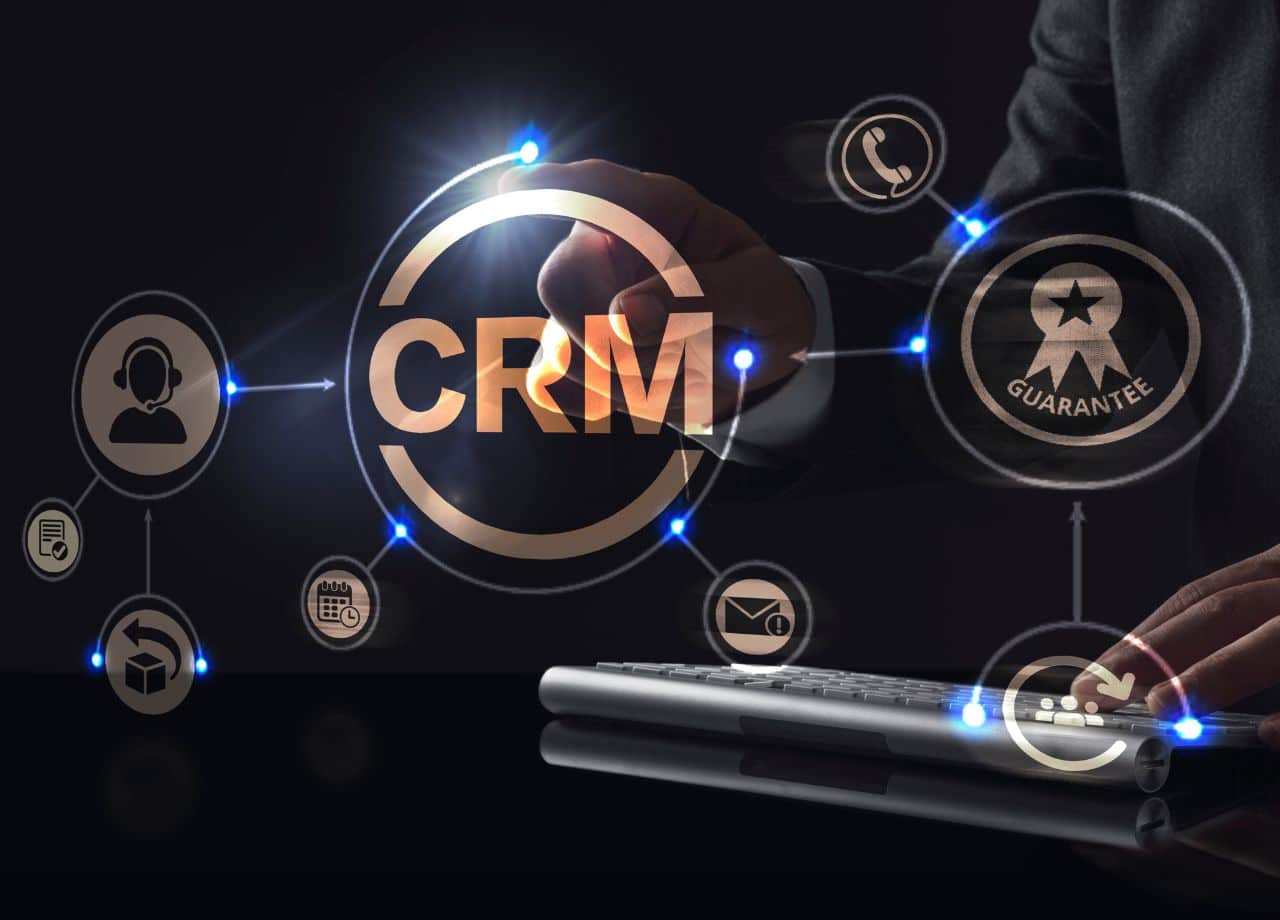Property management is a fast-moving world. There are always emails to send, maintenance requests to handle, and residents needing answers—often all at the same time. If you’re still juggling spreadsheets, sticky notes, and endless phone calls, you’re making your life harder than it needs to be. A good rental CRM (Customer Relationship Management) system can take all that chaos and turn it into a well-organized, stress-free operation. But not all CRMs are built the same. Some feel more like a glorified contact list, while others actually streamline how you manage properties, communicate with residents, and keep track of tasks.
Centralized Communication Eliminates Confusion
Every property manager has had that moment where a resident claims they reported an issue weeks ago, but there’s no record of it. Or when an owner asks for an update, and you’re digging through your inbox trying to piece together what was said. A rental CRM eliminates this problem by keeping all communication—emails, messages, and even call logs—in one place.
Instead of hopping between different platforms, you can see every conversation linked to the right resident or property. This makes it easy to track maintenance requests, follow up on complaints, and ensure that no message falls through the cracks. Plus, some CRMs even offer automated responses, so residents get instant confirmation when they submit a request, reducing those “Did you get my message?” follow-ups.
Automated Workflows Save Hours of Repetitive Tasks
Repetition is the enemy of efficiency. If you’re manually sending lease renewal reminders, tracking down late rent, or following up on maintenance requests the old-fashioned way, you’re wasting time that could be spent on higher-value tasks. A solid rental CRM lets you automate these processes.
For example, you can set up the system to automatically notify residents when their lease renewal window is approaching, cutting down on last-minute scrambling. Maintenance requests can be auto-assigned to the right vendor based on the type of issue, ensuring that problems get resolved faster. Even rent collection can be automated, with reminder emails and payment links sent out without you lifting a finger.
Smart Resident Profiles Help with Personalized Service
Not all residents are the same. Some always pay on time, while others need reminders. Some have specific maintenance needs, like requiring extra notice before a repair. A good CRM keeps track of these details, allowing you to provide a more personalized experience.
When a resident calls, you don’t want to waste time asking for their unit number or previous issue history. With a CRM, you can pull up their profile instantly and see everything—payment history, past maintenance requests, lease details, and even notes about their preferences. This makes conversations smoother, builds trust, and ultimately leads to better resident satisfaction.
Maintenance Tracking Prevents Delays and Miscommunication
Maintenance is one of the biggest headaches in property management. Requests come in at all hours, vendors get delayed, and miscommunication can lead to long wait times. A rental CRM with built-in maintenance tracking solves this by providing a clear, organized system for handling work orders.
When a resident submits a request, it goes directly into the CRM and gets assigned to the right vendor. You can see the status in real time—whether it’s pending, in progress, or completed—without needing to chase down contractors for updates. Some systems even allow residents to upload photos and videos, so you know exactly what’s wrong before sending someone out, reducing unnecessary back-and-forth.
Owner Reporting Made Simple
If you manage properties for owners, you know they love updates—but they don’t want to sift through long reports. A rental CRM makes it easy to generate clear, concise reports that show key metrics like rent collection rates, maintenance expenses, and occupancy trends.
Instead of spending hours compiling data manually, you can pull up an owner’s dashboard and generate a report in minutes. Some CRMs even offer automatic report scheduling, so owners receive regular updates without you having to send them manually. This keeps them informed and happy without taking up extra time in your day.
Integration with Rent Payment Systems Improves Cash Flow
Collecting rent should be easy, but without the right system in place, it can quickly turn into a mess. Chasing late payments, dealing with bounced checks, and handling disputes all eat up valuable time. A rental CRM that integrates with online payment systems makes this process smoother.
Residents can set up auto-pay, reducing the number of late payments. Automated reminders ensure they don’t forget, and digital payment records eliminate disputes over whether rent was received. Some CRMs even allow partial payments or payment plans, giving you more flexibility in handling overdue rent without unnecessary friction.
Customizable Dashboards Keep Everything in One Place
Property management involves juggling a lot of moving parts—leases, maintenance, payments, resident issues, and owner expectations. A well-designed CRM brings all this information into one easy-to-read dashboard.
Instead of clicking through multiple pages or digging through emails, you can see key metrics at a glance. Want to check which leases are expiring soon? Need to see unpaid rent balances? A good CRM dashboard gives you instant access to all this information in one place, cutting down on wasted time and missed details.
Mobile Access Keeps You Connected on the Go
Let’s be honest—property managers don’t sit at a desk all day. You’re constantly out at properties, meeting with vendors, or handling resident concerns in person. A rental CRM with a solid mobile app ensures you stay connected no matter where you are.
With mobile access, you can approve maintenance requests, respond to messages, and check financials from your phone. This means fewer delays, faster responses, and less time spent running back to the office just to check a detail.
Better Compliance and Document Management
Lease agreements, inspection reports, resident notices—property management comes with a mountain of paperwork. If you’re still relying on filing cabinets or scattered digital folders, it’s time to upgrade. A rental CRM stores all your important documents in one place, linked to the right resident or property.
Need to find a lease agreement from two years ago? Instead of digging through files, just search the CRM and pull it up instantly. Some systems even allow electronic signatures, so you can complete lease renewals and notices without dealing with physical paperwork.
The Bottom Line
A good rental CRM isn’t just a nice-to-have—it’s a game changer. It simplifies communication, automates repetitive tasks, improves maintenance management, and keeps your financials organized. If you’re still managing properties with outdated tools, you’re making your job harder than it needs to be. The right CRM will not only save you time but also create a smoother experience for residents, vendors, and owners alike. If efficiency, better organization, and fewer headaches sound good to you, it’s time to start looking at the best rental CRM options for your needs.







